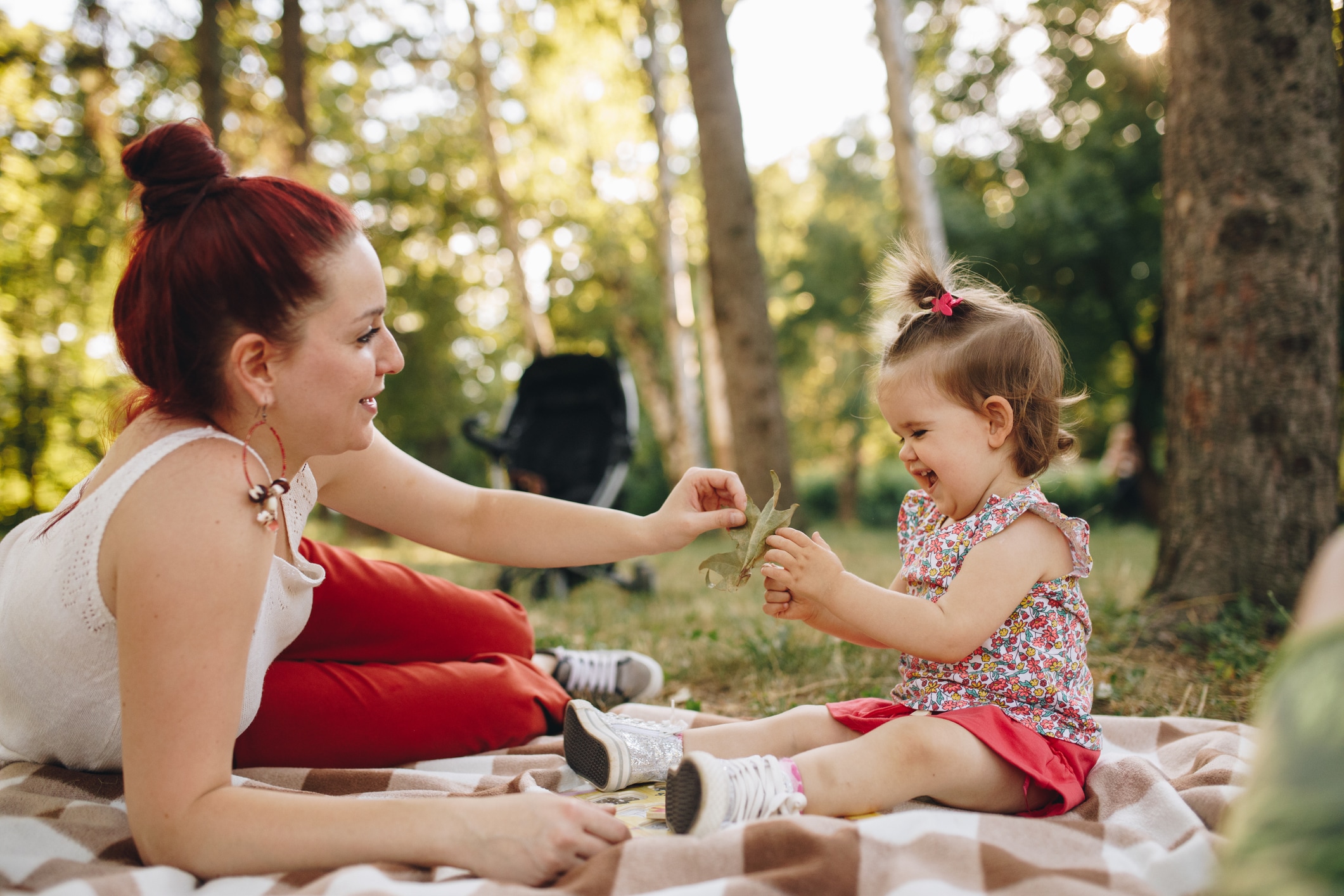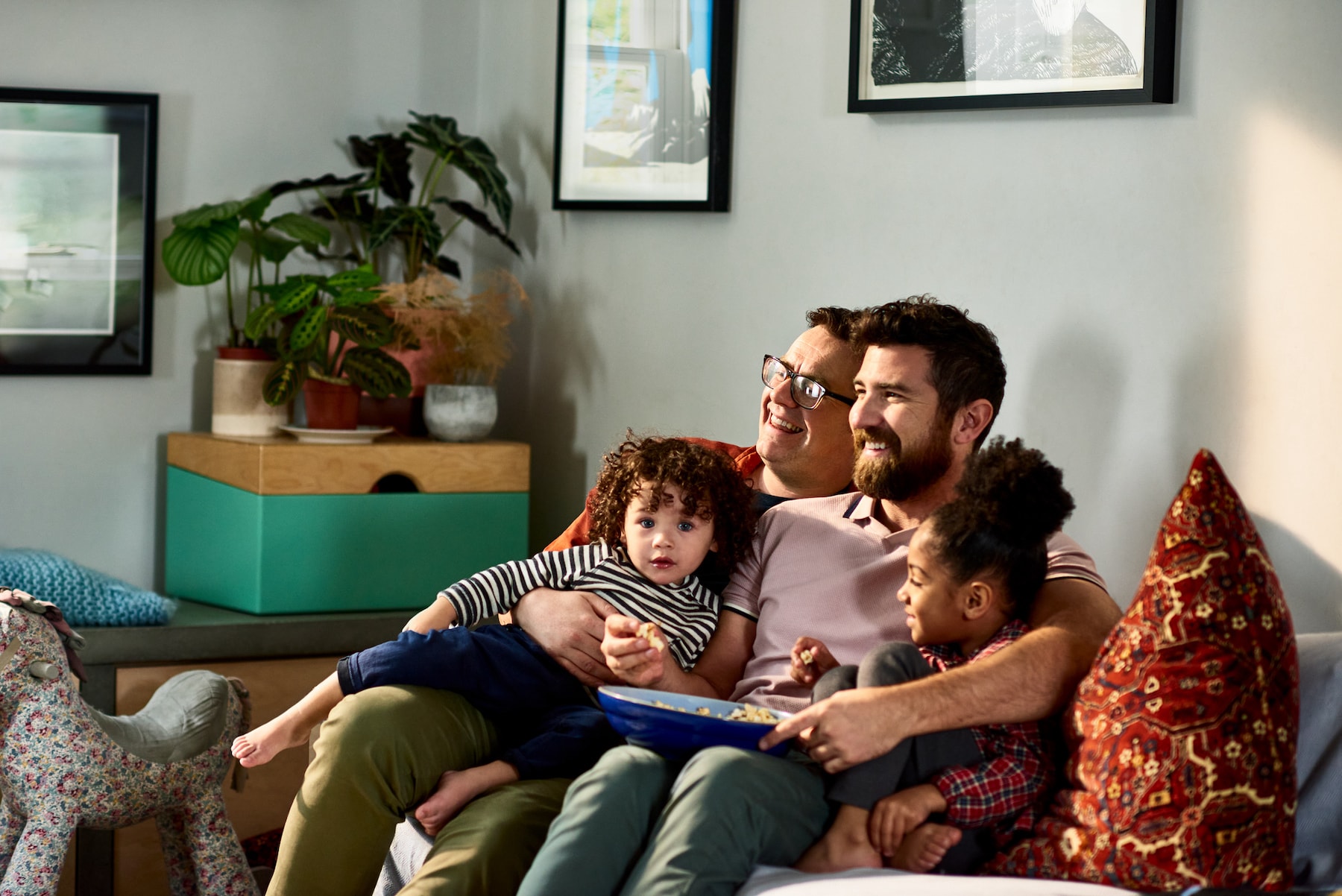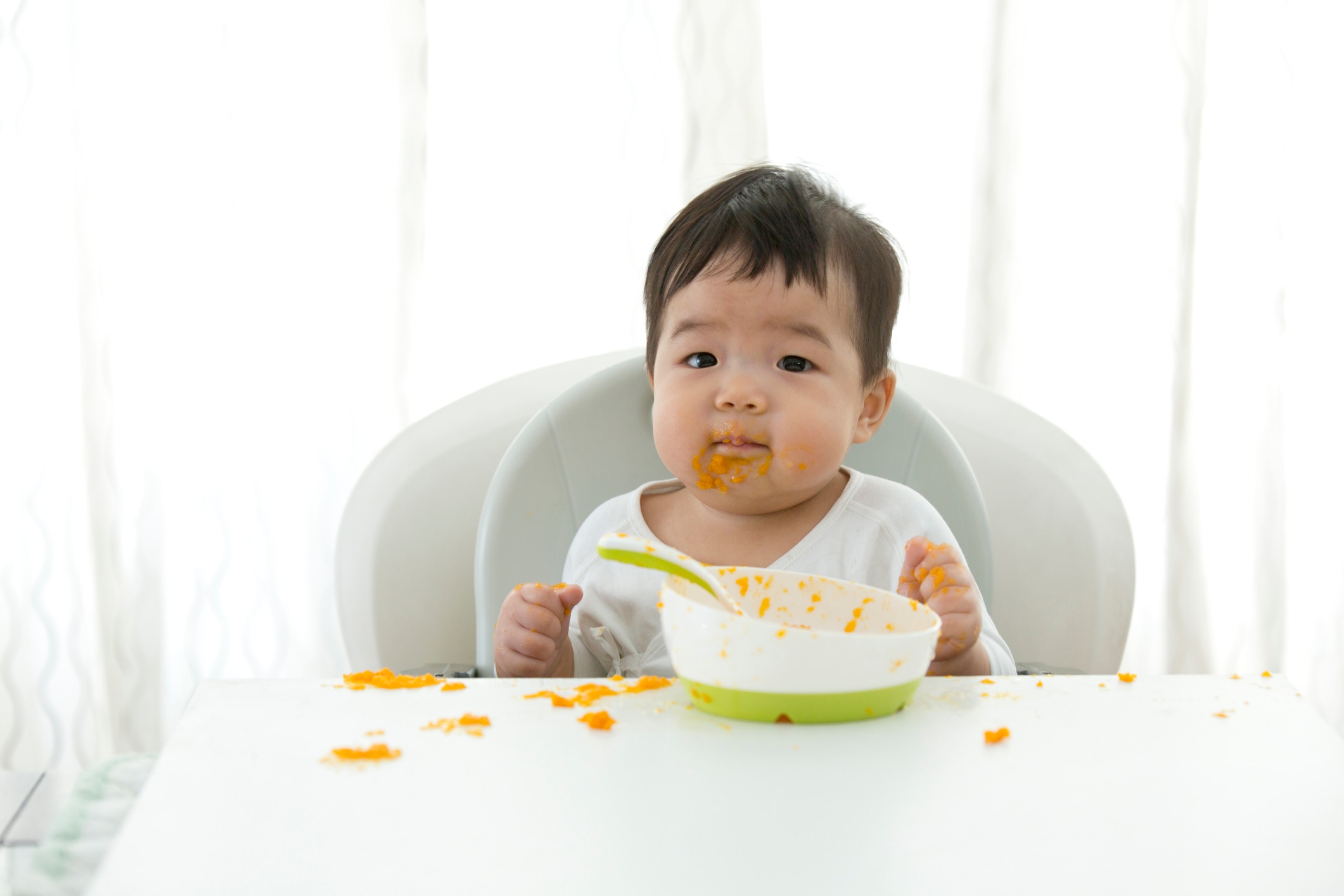In this article
When she had the idea for the Baby-Sitters Club, Kristy Thomas was 12 years old. She was a fictitious character, yes, but regardless, her age tracks when it comes to the typical minimum babysitting age. Perhaps more important than Kristy’s age, though, was her maturity.
“Pinpointing an exact age for babysitting readiness isn’t so simple because children mature at very different ages,” says Ruthie Arbit, a psychotherapist who specializes in maternal and pediatric mental health. While some states do have laws in regards to leaving kids home alone, Arbit notes that any specific age requirements should be seen more as a helpful guide than a sign that a child is up to the task. “As many know, two 12-year-olds can be completely different in terms of maturity,” she says.
Feel like your child — or potential sitter — could be ready for babysitting, but aren’t sure about their age? Here’s everything you need to know about babysitting age.
What is the legal age to babysit?
When it comes to babysitting, technically-speaking, only one state has a law enforcing a minimum age: Maryland. “It’s a state law under the Maryland Department of Human Resources that a child must be at least 13 years old to babysit another child,” says Karen Falcon of the Office of Public Information for Montgomery County Government in Rockville, Maryland. State law also says that, to be left home alone, a child needs to be “at least 8,” but notes that, generally, it’s up to parents to decide “whether a child who is at least 8 is mature enough to be home alone.”
“Pinpointing an exact age for babysitting readiness isn’t so simple because children mature at very different ages.”
— Ruthie Arbit, pediatric and maternal therapist
Oher states have laws enforcing a minimum age for staying home alone. They are:
- Illinois, 14.
- Oregon, 10.
- Georgia, 9.
- North Carolina, 8.
While no other states have laws in regards to minimum age requirements for babysitting or staying home alone, there are general recommendations. Safe Kids Worldwide notes that kids are typically mature enough to stay home alone around the age of 12 or 13 (a big leap from Maryland’s 8). “Many states cite ‘developmental readiness’ for staying home alone happens between 8-12 years old,” Arbit says. “But that’s very dependent on the child.” Put more bluntly: Don’t take guidelines as gospel, but instead loose recommendations.
It’s also worth noting that the Red Cross offers a course for kids interested in becoming babysitters, and the minimum age to enroll is 11. For parents wanting the most up-to-date age suggestions or restrictions in their area — which can even vary by county — the Children’s Bureau recommends contacting their local child welfare agency.
Emotionally, how old do you have to be to babysit?
More important than the year a child was born is their overall maturity level. Do they have a track record of being responsible and/or attentive to younger siblings? If so, there’s a good chance they’re ready to babysit. Important to note, though: There’s a difference between staying home alone and babysitting — the latter requires an additional level of maturity.
Ali Hamroff, a licensed psychotherapist who works with adolescents at Liz Morrison Therapy in New York City, notes distinctions between the two. “In order to babysit, a child needs the next level of maturity after being able to stay home alone,” she says. “They must check the boxes that they can take care of themselves and stay home alone, and then also check the boxes of being able to take care of another child.”
“Many states cite ‘developmental readiness’ for staying home alone happens between 8-12 years old. But that’s very dependent on the child.”
— Ruthie Arbit, pediatric and maternal therapist
Here, her distinctions between the two:
Signs a child is mature enough to stay home alone:
- They can keep themselves safe.
- They know what to do and who to call in an emergency.
- They can handle activities of daily living, such as hygiene, nutrition and safety.
In order to babysit, a child should be able to do all of the above, in addition to the following:
- They know what to do if another child is hurt.
- They’re able to perform tasks such as provide healthy meals, maintain a schedule and keep the house tidy.
If you’re not sure whether your child — or someone you’re considering hiring — is mature enough to babysit, Julia M. Chamberlain, a child and family therapist in Hingham, Massachusetts, suggests offering hypothetical scenarios to see how they respond.
“Ask a child what they would do in certain scenarios and gauge their responses,” she says, adding that, when it comes to grooming your own child to become a babysitter, “communication and education are everything.” “Have open communication and education surrounding safety for themself and others,” she says. “Then, start off small by leaving them home alone for a few trial periods.”
How old do you have to be for Care.com?
While there’s room for interpretation when it comes to determining the appropriate age for babysitting, there’s not when it comes to joining Care.com as a sitter. In order to enroll, you need to be at least 18, and every individual caregiver who joins the Care.com platform is required to undergo enhanced screening, which includes a criminal background check.
| To learn more about safety, visit the Care.com Safety page. |
A last bit of advice on the ‘right’ age for babysitting
In addition to there being signs a child is ready to babysit, there’s also the flip side, according to Hamroff and Chamberlain. “If a child still relies on their parents for most aspects of their life, they’re not ready to babysit,” Hamroff says. “A child who has no responsibilities when it comes to their own schedule is probably not mature enough to take care of another child.”
Additionally, Chamberlain notes that a child who sees the child that they babysit “as a peer or a friend,” they’re more likely to break rules and “less likely to maintain an authoritarian position.”





